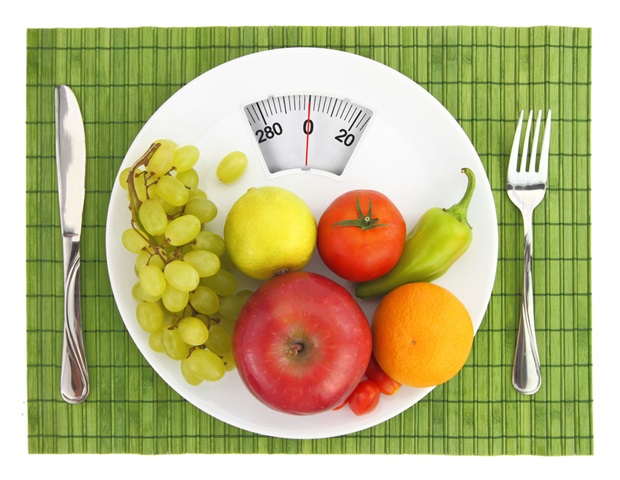Older adults in the UK who are socially isolated are more likely to have an insufficient intake of key micronutrients such as vitamin C and vitamin B6, increasing their risk of health problems, according to a new study led by UCL (University College London) researchers.
The study, published in the journal Age and Ageing, looked at data from 3,713 people in the UK aged 50 and over who filled in a detailed questionnaire about what they ate and drank on two separate days.
The researchers found that people who were more socially isolated were more likely to have a lower than recommended intake of five micronutrients that are essential for health: magnesium, potassium, vitamin C, folate and vitamin B6.
These micronutrients are typically found in small quantities in fruit, vegetables, legumes (such as peas, beans and lentils) and fish, suggesting a diet lacking in these food sources.
Our study shows that people who are more socially isolated are less likely to be getting enough micronutrients in their diet. This is important as inadequate intake of these micronutrients puts people at greater risk of health problems as they get older.
One explanation for this link is that if you are more isolated, you might not have others around you to provide information about what is healthy and encourage a more varied diet. Older people also tend to stick to diets they know and might not vary their foods as much as they used to.”
Andrew Steptoe, Lead Author, Professor, UCL Behavioural Science & Health
Co-author Dr. Camille Lassale from ISGlobal in Barcelona added: “A varied diet with enough plant-based food (fruit, vegetables, legumes, nuts and seeds, wholegrain cereals), and fish is important to help maintain a healthy body and mind. Access to these products needs to be guaranteed and promotion of their consumption is particularly important in the elderly who are living alone or isolated.”
For the study, researchers used data from the English Longitudinal Study of Ageing (ELSA), in which a nationally representative population sample in England answers a wide range of questions every two years.
The respondents were scored on how socially isolated they were, based on whether they lived alone, how frequently they saw friends and relatives outside their household, and whether they took part in any clubs or organisations.
The research team found that a one-point increase in participants’ social isolation score was linked to a higher likelihood of inadequate intake of five out of nine key micronutrients two years later. The intake of the nine micronutrients was estimated based on the information given in the dietary questionnaire.
The team adjusted for many factors that may have affected the results, including age, gender, education, marital status, food insecurity and impaired daily living, finding the link held true regardless of these.
Overall, the researchers found a striking number of respondents had vitamin and mineral intake that was lower than recommended. For instance, half of respondents had a low intake of potassium, a third had a low intake of magnesium, a quarter were not getting enough calcium and a sixth did not consume enough iron.
Magnesium and potassium are important for bone health, while a lack of the B vitamins folate and B6 are linked to a heightened risk of cardiovascular disease and cognitive decline. Vitamin C has multiple roles in aiding health, including maintaining healthy bones, cells and skin.
The researchers found that loneliness, unlike social isolation, was not linked to a lower intake of micronutrients. The researchers said this suggested that lower micronutrient intake was not related to the emotional aspect of isolation – how lonely a person feels – but to the practical consequences of having fewer connections, such as having fewer people around to give information about a healthy, varied diet, and no one to help them prepare nutritious meals. People with a high social isolation score may not necessarily feel lonely, the research team noted.
Social isolation was not linked to a higher likelihood of inadequate calcium, iron and vitamin B12, micronutrients largely derived from meat, eggs and dairy.
The researchers said this suggested that people who were less socially connected in the study may be more likely to have a more traditional diet with fewer vegetables (such as dark leafy greens), fruit, nuts, seeds and legumes.
The study involved researchers from UCL Behavioural Science & Health and the Barcelona Institute for Global Health (ISGlobal) and received funding from the National Institute on Aging in the USA and the National Institute for Health and Care Research in the UK.
Source:
Journal reference:
Steptoe, A., et al. (2024) Social isolation, loneliness, and low dietary micronutrient intake among older people in England. Age and Ageing. doi.org/10.1093/ageing/afae223.
Source link : News-Medica

